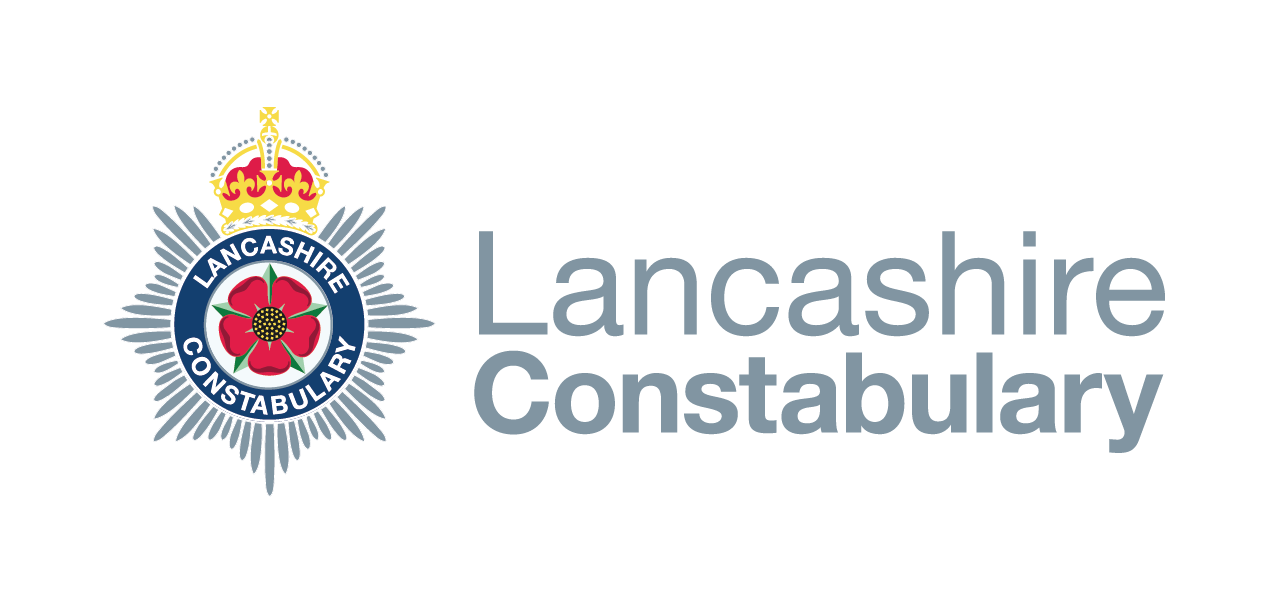Sexting and Revenge Porn
No matter how much you trust another person, you must ALWAYS be aware that once you take a photograph or video of yourself and send it to their electronic device, there is a risk that it will end up in the public domain.
There are numerous ways that this can happen, none of which may be within your control:
- Your phone/device with the image on may get lost or stolen;
- Your friend’s phone/device to whom you sent the image may get lost or stolen;
- Your devices may have malicious software on them that steals the images;
- The service you use to send the images may get hacked, and the images stolen;
- You may fall out with your friend and they may send the images to others.
Before taking and sending any pictures of yourself, whether sexual or not, ask yourself how you would feel if you found out that the image was published on a website without your permission. If this would cause you distress, embarrassment, or other loss then it is recommended that you do not take or send it in the first place!
Nest Lancashire gives help, support and advice to young people who have been victims or witnesses crime. Watch Emma's story to find about the dangers of sexting.
“It’s too late!”
If you have found out that there are images of you on the internet that you do not wish to be there, you should contact the owner of the website in question and ask them to remove it. Most websites will have a ‘contact’ button at the bottom of the main site.
Bear in mind that they may not be legally obliged to remove the images, depending on the circumstances, and also that many websites are hosted outside the UK. If you took the image yourself, then usually you would be the legal copyright holder – mentioning this in your request may persuade scrupulous site owners to take it down.
Depending on the exact circumstances it may be that offences have been committed by the person uploading the images to the website, although bear in mind that it may be difficult to bring about a prosecution if the website in question is not compelled to co-operate with the police.
The law is quite clear on sexting and police and the criminal justice system are taking sexting more serious than ever in a bid to try and minimise young people exploiting themselves in this way.
Remember: It is illegal to take, possess or share 'indecent images’ of anyone under 18 even if you're the person in the picture. If you are under the age of 18, the law sees you as a child. Therefore, if you have any indecent images or videos of somebody who is under 18 you would technically be in possession of an indecent image of a child – even if you are the same age.
If you believe that someone has shared or published sexual images of you without permission, contact 101 or use the online reporting form to inform the police.
If you are worried about your child and think they may have seen or have uploaded images of themselves check out our young person's website Trust Ed or visit ChildLine or ThinkuKnow for more. The video below which was produced by the NSPCC shows children the consequences of posting images on line.
Revenge Porn
Revenge Porn is the sharing of private, sexual materials, either photos or videos, of another person, without their consent and with the purpose of causing embarrassment or distress.
Under new legislation which covers England & Wales (Criminal Justice and Courts Bill), those found guilty of sharing revenge porn, can be sentenced to up to two years in prison and a fine.
Be Aware B4 You Share is a public awareness raising campaign aimed at deterring potential offenders from sharing revenge porn and letting victims know that the law is on their side and the support available.
The campaign is being run by the Ministry of Justice, in partnership with the UK Safer Internet Centre, Women's Aid and Suzy Lamplugh Trust.
Remove a nude image shared online
If you're under 18, live in the UK and a nude image or video of you has been shared online, you can report it to be removed from the internet. You'll need to select your age and follow the steps below:
- create a Childline account so we can send you updates on your report Login | Childline
- report your image or video to the Internet Watch Foundation (IWF)
- check your Childline locker for a few days after your report to see if you need to add any more information and to see updates on your report
- report any issues with this process by sending an email from your Childline locker with the subject 'Report Remove' and as much information about the problem as you can.
Report Remove: Remove a nude image shared online | Childline

